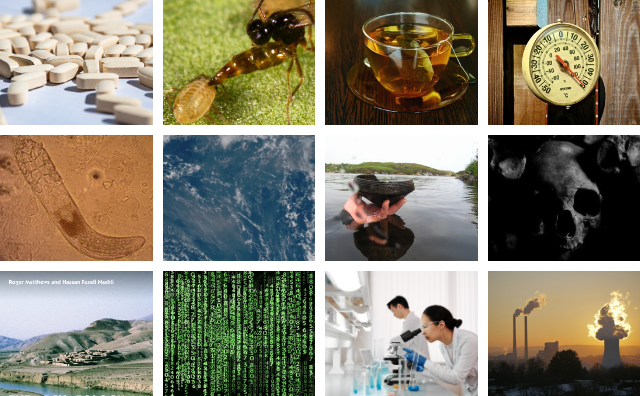A round-up of some of the most talked about journal articles, books and news stories by authors from the University of Reading in 2022. These are organised by our four research themes – Agriculture, Food and Health, Environment, Heritage and Creativity, and Prosperity and Resilience – and based on Altmetric data, which counts mentions in public policy documents and references in Wikipedia, the mainstream news, social networks, blogs and more.
Agriculture, Food and Health
Vitamin B6 supplements could reduce anxiety and depression

Taking high-dose Vitamin B6 tablets has been shown by new research to reduce feelings of anxiety and depression . Scientists at the University of Reading measured the impact of high doses of Vitamin B6 on young adults and found that they reported feeling less anxious and depressed after taking the supplements every day for a month. The study, led by Dr David Field from the School of Psychology and Clinical Language Sciences and published in the journal Human Psychopharmacology: Clinical and Experimental, provides valuable evidence to support the use of supplements thought to modify levels of activity in the brain for preventing or treating mood disorders. Read the full news story here.
Air pollution threatens natural pest control
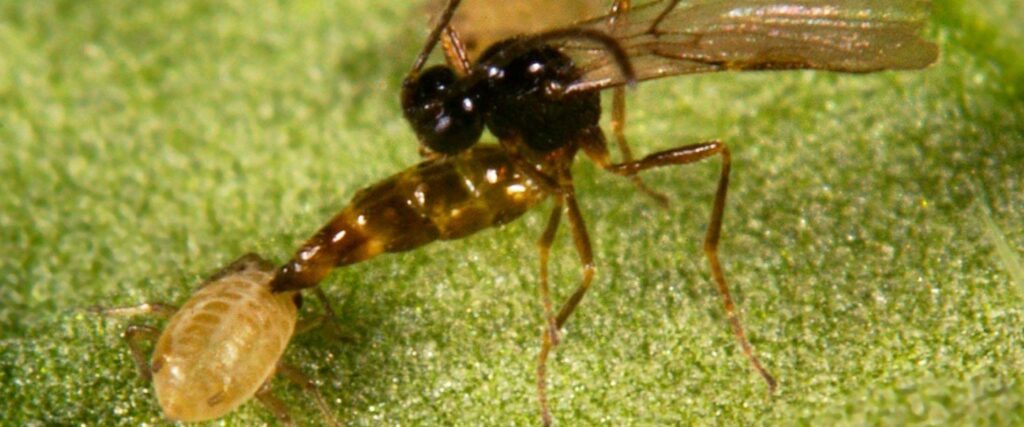
When fields of oilseed rape are exposed to diesel exhaust and/or ozone – both found in emissions from diesel burning vehicles and industry – the number of parasitic insects available to control aphids drops significantly, according to research published in the journal of Environmental Pollution. The team, led by scientists from the University of Reading, used special equipment to deliver controlled amounts of diesel exhaust and ozone to oilseed rape plants. They also added aphids to the plants and measured the reproductive success of parasitic wasps that habitually lay their eggs inside a freshly stung aphid. Read the full news story.
Eat apples and drink tea for good health

The first dietary recommendation for a type of plant compound that is not a vitamin – flavan-3-ols, found in tea, berries, apples, grapes and cocoa – is now available. Dietary guidelines have traditionally been based on preventing deficiencies in essential vitamins, minerals, proteins, fats and sugars. The only other current recommendation based solely on health outcomes of a non-essential nutrient is for fibre. Experts from across the world worked together to draft the flavan-3-ols guidelines. Working together to review the science and determine if the strength of evidence warranted a guideline, the expert panel included Dr Gunter Kuhnle from the University of Reading. Read the full news story and Gunter’s blog about why we need dietary recommendations for bioactives.
Environment
Heatwaves compound the effects of pandemic and war
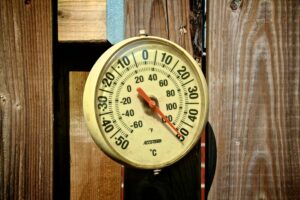
The University of Reading has a long-standing involvement in the Lancet Countdown. This international collaboration monitors the health impacts from climate change, over time, and tracks how things are changing, as the planet becomes warmer. This year’s report covers the whole of 2021 and focuses on direct links between human health and our ongoing reliance on fossil fuels. The University’s involvement is around the hazards we experience, including extremely hot weather. In 2021, populations across the world saw their health increasingly affected by climate change, through exacerbated food insecurity, extreme heat exposure, drought and wildfires; a heightened risk of infectious disease outbreaks, and an increasing number of life-threatening extreme weather events. These have been concurrent to the ongoing COVID-19 pandemic and represent the background on which the current cost-of-living crisis and geopolitical conflict is placed. Read the full news story.
The secret lives of mites in the skin of our faces
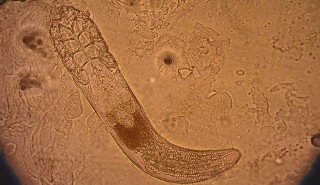
Microscopic mites that live in human pores and mate on our faces at night are becoming such simplified organisms due to their unusual lifestyles that they may soon become one with humans, new research has found. The mites are passed on from mother to baby during or after birth and are carried by almost every human, with numbers peaking in adults as the pores grow bigger. They measure around 0.3mm long, are found in the hair follicles on the face and nipples, including the eyelashes, and eat the sebum naturally released by cells in the pores. They become active at night and move between follicles looking to mate. The first ever genome sequencing study of the D. folliculorum mite found that their isolated existence and resulting inbreeding is causing them to shed unnecessary genes and cells and move towards a transition from external parasites to internal symbionts. The research was led by Bangor University and the University of Reading, in collaboration with the University of Valencia, University of Vienna and National University of San Juan. It is published in the journal Molecular Biology and Evolution. Read the full news story.
Hunga Tonga volcano created biggest explosion on record
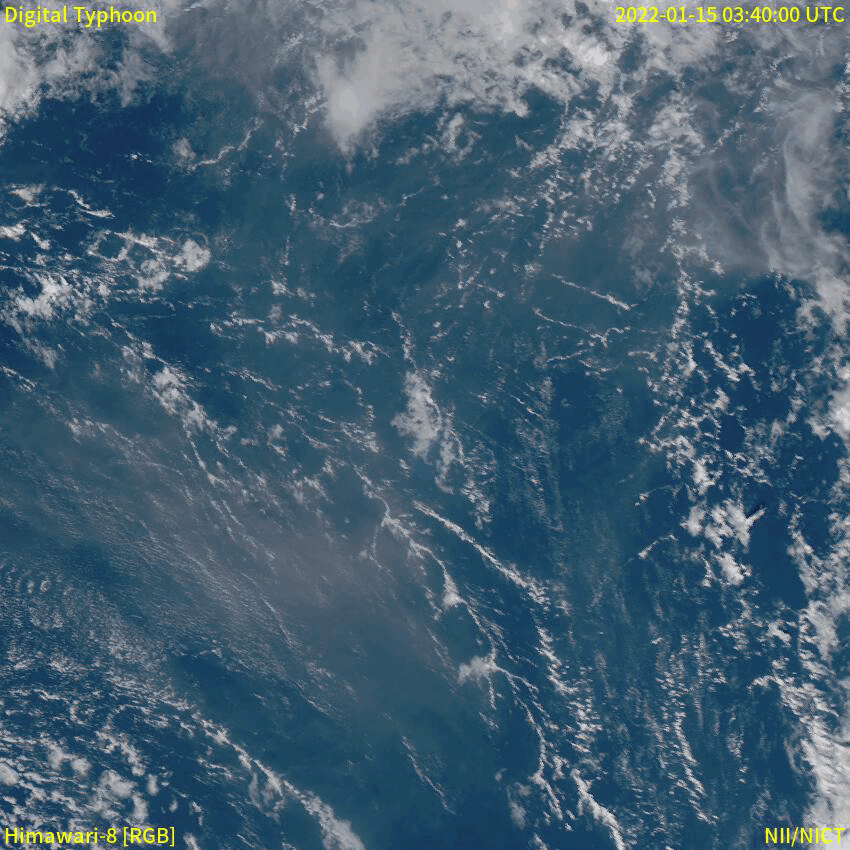
The eruption of the Hunga Tonga volcano earlier this year has been confirmed as the biggest explosion ever recorded in the atmosphere. New research co-authored by Professor Giles Harrison, an atmospheric physicist at the University of Reading, and published in the journal Science has shown the volcano in the South Pacific created an explosion bigger than anything else ever recorded by modern geophysical equipment. The explosion on 15 January 2022 was significantly larger than every atmospheric nuclear bomb test, meteor explosion and volcanic eruption in history, including Mt. St. Helens in 1980 and Pinatubo in 1991. Only the 1883 eruption of Krakatoa created a shockwave of a similar scale. Read the full news story.
Heritage and Creativity
Stone Age Brits loved porridge for breakfast too
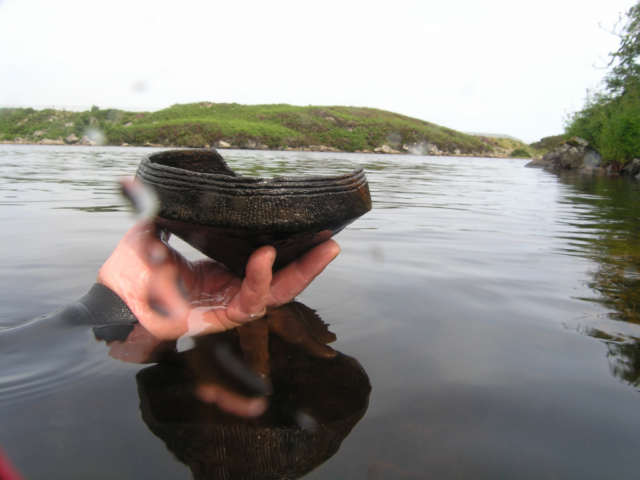
People living in Britain thousands of years ago combined cereals and milk in cooking pots, archaeologists have found, suggesting they may have enjoyed the same hot porridge breakfasts as their modern-day descendants. A team of scientists, including archaeologists from the University of Reading, has uncovered intriguing new insights into the diet of people living in Neolithic Britain, also called the New Stone Age, between 4000 and 2000 BC. During analysis, biomarkers for cereals, including wheat, were detected in one third of excavated cooking pots, providing the earliest biomolecular evidence for cereals in absorbed pottery residues in this region. The findings are reported in the journal Nature Communications. Read the full news story.
Black Death mortality less widespread than thought
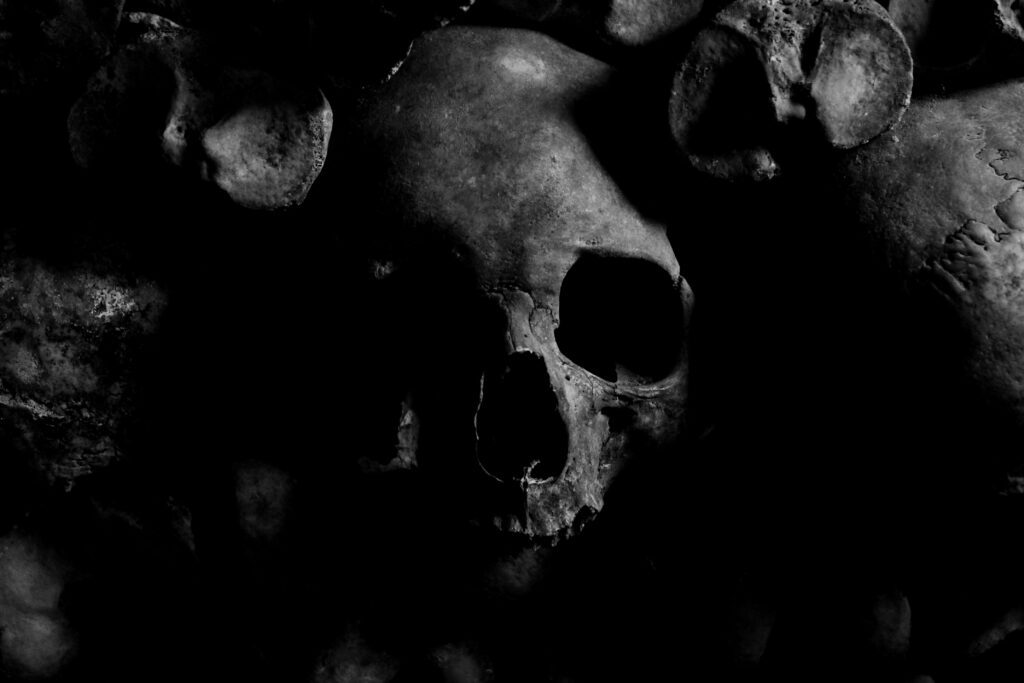
The Black Death had a devastating impact in some regions of Europe – however, parts of the continent experienced little or no effect, according to new research. A study published in the journal Nature Ecology and Evolution uses pollen data to evaluate the second plague pandemic’s mortality at a regional scale across Europe. The research, involving UK scientists from the Universities of Reading, Plymouth and Oxford, and Wessex Archaeology, shows the impact of the Black Death varied substantially from region to region. Sharp agricultural declines in Scandinavia, France, southwestern Germany, Greece and central Italy support the high mortality rates attested to in medieval sources. Read the full news story.
Archaeology of Iran could aid understanding of global issues
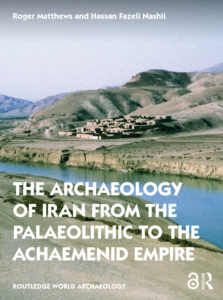
New evidence that global challenges such as social inequality were at play in some of the world’s earliest civilisations in ancient Iran could help us understand why they continue to plague modern society. Archaeologists undertaking a major research project into the early human communities in Iran published their findings in a new book, The Archaeology of Iran from the Palaeolithic to the Achaemenid Empire. In the most comprehensive study of all of Iran’s archaeology and early history ever published, the authors from the University of Reading and University of Tehran in Iran reveal new findings and interpretations, including how Iran’s archaeology can help us make sense of modern issues such as resilience, migration and how humans interact with, and impact upon, the environment including climate. The richly illustrated book, in full colour and freely available through Open Access, is co-authored by Professor Roger Matthews, University of Reading, and Professor Hassan Fazeli Nashli, University of Tehran, with Dr Amy Richardson (University of Reading) as Illustrations Editor. Read the full news story.
Prosperity and Resilience
Crypto and digital currencies — nine research priorities
“Money is at a crossroads. A race is on to decide who creates it, who can access it and how, who controls it, and to what degree and how it is regulated”. Andrew Urquhart, a Professor of finance and financial technology at the ICMA Centre at Henley Business School, University of Reading, and co-author Brian Lacey of Trinity Business School, Trinity College, Dublin, wrote a piece for Nature on nine research priorities for crypto and digital currencies. Read the full story.
Widening participation in STEM requires an attitude change
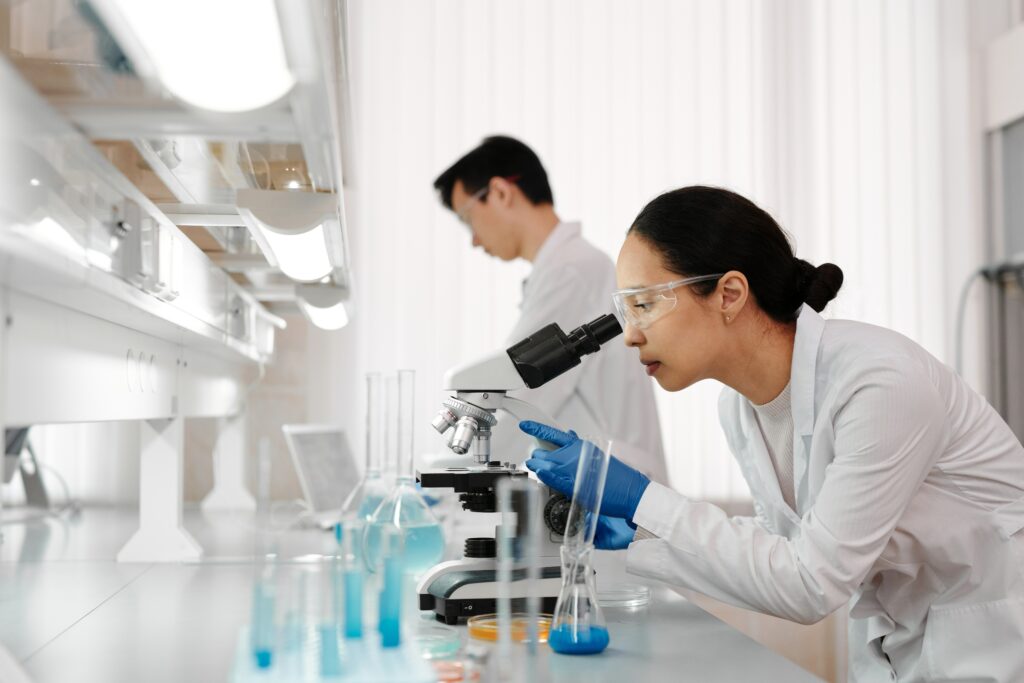
Students rule themselves out of, or in to, STEM (Science, Technology, Engineering and Mathematics) disciplines, based on stereotyped views of what makes a typical student, a new study has found. New research from the University of Reading has found a social hierarchy in STEM, as well as narrow but differing views on the ideal or typical student in each discipline. These views are held by STEM students and are informed by wider societal opinions. The findings, which are published in International Studies in Sociology of Education, may explain why women, people of colour, and disabled students are underrepresented in some STEM subjects. To change this, attitudes must shift, say researchers. Students think biology is easy, and physics is hard. How students speak about STEM subjects, themselves, and their fellow students, reveals the influence of patriarchy, white supremacy, classism, and ableism, on who can study, and excel in, biology, engineering, mathematics, or physics. Dr Billy Wong, Associate Professor at the University of Reading’s Institute of Education, said: “Diversity in STEM is vital to ensure that research is designed to meet the needs of, and challenges faced by, all members of our communities”. Read the full news story.
Attitudes towards climate change policies among Western Europeans
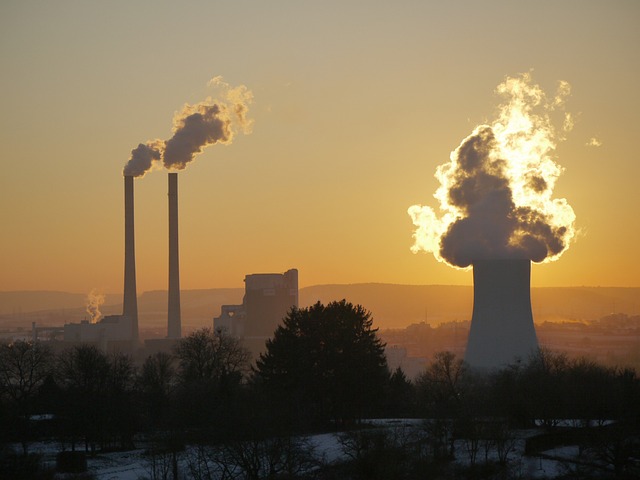
An article in Environmental Politics explores what drives attitudes towards climate change policies and who is willing to pay more to protect the environment. The article, co-authored by Christoph Arndt, Associate Professor of Politics & International Relations, Daphne Halikiopoulou, Professor of Politics & International Relations at the University of Reading, and Christos Vrakopoulos, Teaching Fellow in Political Science at the University of Leads, found that “individuals in rural and suburban areas who fear income losses and reduced purchasing power are less supportive of climate change policies” and that “living in poorer regions also drives resistance to such policies”. Read the full article.

